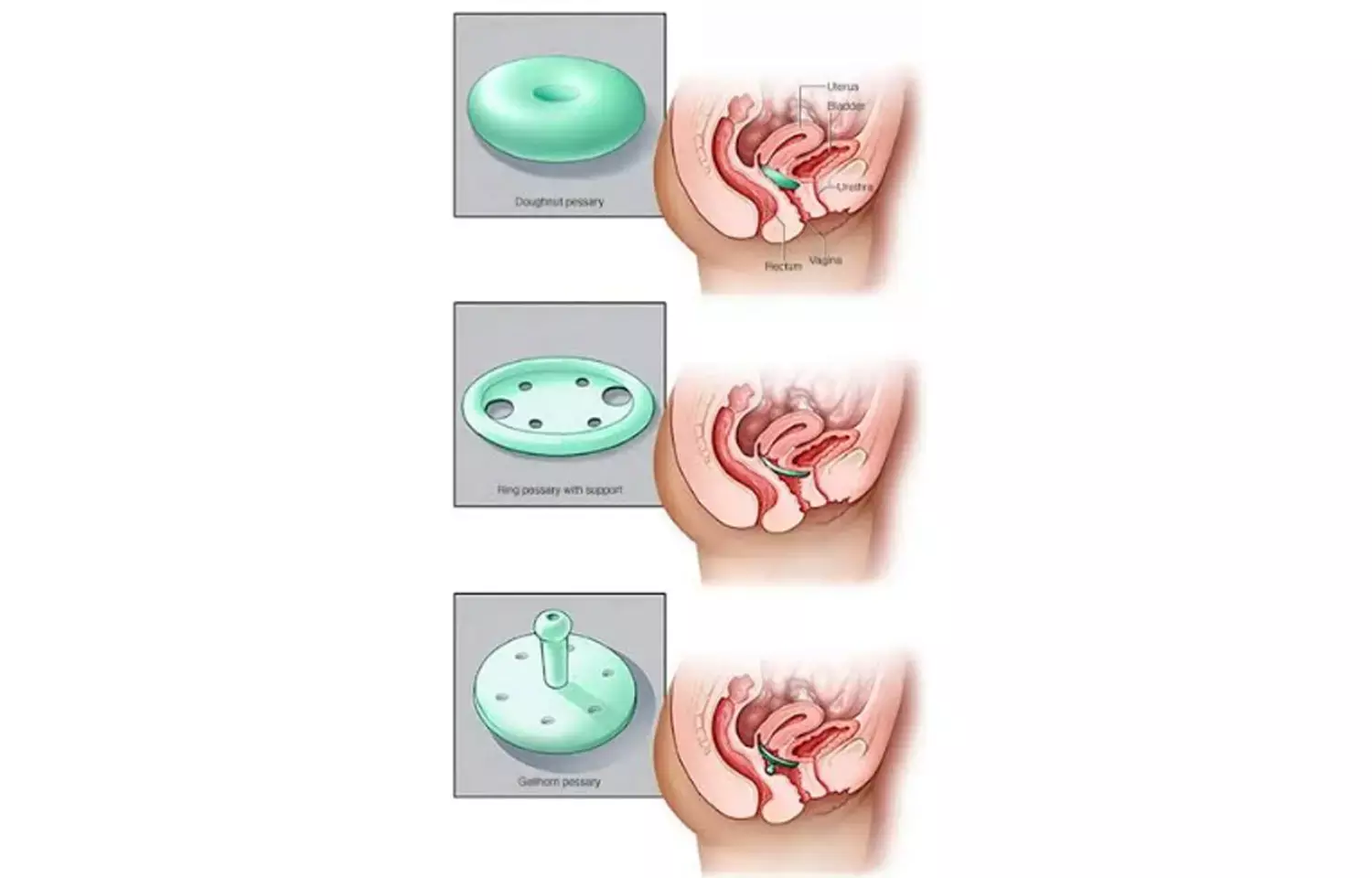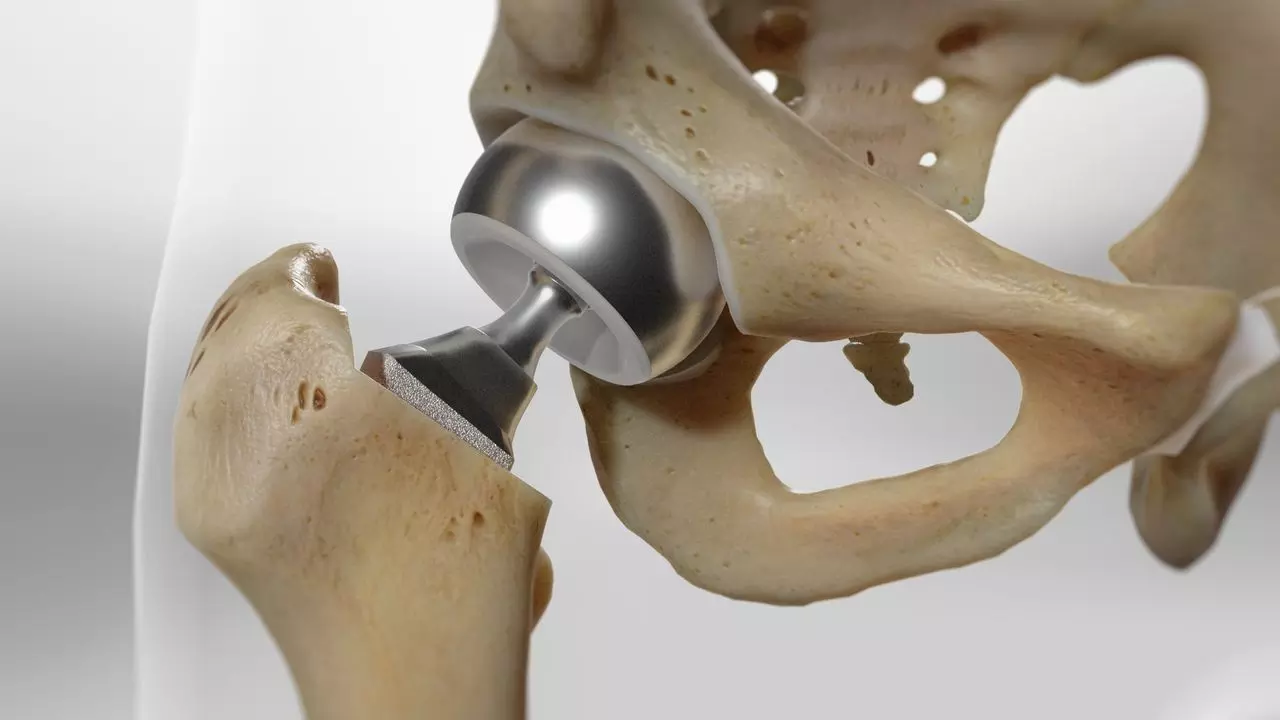- Home
- Medical news & Guidelines
- Anesthesiology
- Cardiology and CTVS
- Critical Care
- Dentistry
- Dermatology
- Diabetes and Endocrinology
- ENT
- Gastroenterology
- Medicine
- Nephrology
- Neurology
- Obstretics-Gynaecology
- Oncology
- Ophthalmology
- Orthopaedics
- Pediatrics-Neonatology
- Psychiatry
- Pulmonology
- Radiology
- Surgery
- Urology
- Laboratory Medicine
- Diet
- Nursing
- Paramedical
- Physiotherapy
- Health news
- Fact Check
- Bone Health Fact Check
- Brain Health Fact Check
- Cancer Related Fact Check
- Child Care Fact Check
- Dental and oral health fact check
- Diabetes and metabolic health fact check
- Diet and Nutrition Fact Check
- Eye and ENT Care Fact Check
- Fitness fact check
- Gut health fact check
- Heart health fact check
- Kidney health fact check
- Medical education fact check
- Men's health fact check
- Respiratory fact check
- Skin and hair care fact check
- Vaccine and Immunization fact check
- Women's health fact check
- AYUSH
- State News
- Andaman and Nicobar Islands
- Andhra Pradesh
- Arunachal Pradesh
- Assam
- Bihar
- Chandigarh
- Chattisgarh
- Dadra and Nagar Haveli
- Daman and Diu
- Delhi
- Goa
- Gujarat
- Haryana
- Himachal Pradesh
- Jammu & Kashmir
- Jharkhand
- Karnataka
- Kerala
- Ladakh
- Lakshadweep
- Madhya Pradesh
- Maharashtra
- Manipur
- Meghalaya
- Mizoram
- Nagaland
- Odisha
- Puducherry
- Punjab
- Rajasthan
- Sikkim
- Tamil Nadu
- Telangana
- Tripura
- Uttar Pradesh
- Uttrakhand
- West Bengal
- Medical Education
- Industry
Pessary therapy fails to match up with surgery in women with symptomatic pelvic organ prolapse

Netherlands: A new research found that pessary therapy could not meet the required criteria for patient-reported improvement at 24 months when compared to surgery in patients with pelvic organ prolapse. The trial results were published in the journal JAMA Network.
Pelvic organ prolapse is a prevalent condition among women that causes bothersome vaginal bulge symptoms as well as urinary, bowel, or sexual dysfunction thus negatively affecting their quality of life. There is a global need for cost-effective care for women with pelvic organ prolapse with increased life expectancy. Previous literature suggested pessary management and surgery as options for the management of pelvic organ prolapse, but recent data showed that women reported subjective improvement following surgery as compared with pessary therapy. Hence Lisa R. van der Vaart et al from the Netherlands conducted a randomized controlled trial to investigate if pessary treatment is non-inferior to surgery among patients with symptomatic pelvic organ prolapse from March 2015 through November 2019 and followed up till June 2022.
A noninferiority randomized clinical trial called the PEOPLE project was conducted in 21 participating hospitals in the Netherlands. Women with symptomatic stage 2 or greater pelvic organ prolapse were enrolled in the study. Out of 1605 women, 440 gave informed consent. Participants were with a mean [SD] age of 64.7 [9.29] years and were randomized to two groups to receive pessary treatment (218 participants) and 222 to surgery.
The primary outcome was subjective patient-reported improvement at 24 months. It was measured with the Patient Global Impression of Improvement scale, a 7-point Likert scale ranging from very much better to very much worse. This scale was dichotomized as successful, defined as much better or very much better, vs Nonsuccessful treatment. The noninferiority margin was set at 10 percentage points risk difference. Data on the crossover between therapies and adverse events were captured.
Findings of the trial:
- Out of 440 participants, 173 (79.3%) in the pessary group and 162 (73.3%) in the surgery group completed the trial at 24 months.
- Subjective improvement was reported by 132 of 173 (76.3%) in the pessary group vs 132 of 162 (81.5%) in the surgery group in the population that was analyzed as randomized.
- A similar result was seen for subjective improvement with 52 of 74 (70.3%) in the pessary group vs 125 of 150 (83.3%) in the surgery group as per the per-protocol analysis.
- Nearly 118 out of 218 (54.1% participants) showed a crossover from pessary to surgery.
- The most common adverse event among pessary users was discomfort (42.7%) while in the surgery group it was urinary tract infection (9%).
Thus, symptomatic pelvic organ prolapse patients did not benefit from pessary treatment when compared to surgery as there was no patient-reported improvement and the crossover from pessary to surgery was also high.
Further reading: van der Vaart LR, Vollebregt A, Milani AL, et al. Effect of Pessary vs Surgery on Patient-Reported Improvement in Patients With Symptomatic Pelvic Organ Prolapse: A Randomized Clinical Trial. JAMA. 2022;328(23):2312–2323. doi: 10.1001/jama.2022.22385
BDS, MDS
Dr.Niharika Harsha B (BDS,MDS) completed her BDS from Govt Dental College, Hyderabad and MDS from Dr.NTR University of health sciences(Now Kaloji Rao University). She has 4 years of private dental practice and worked for 2 years as Consultant Oral Radiologist at a Dental Imaging Centre in Hyderabad. She worked as Research Assistant and scientific writer in the development of Oral Anti cancer screening device with her seniors. She has a deep intriguing wish in writing highly engaging, captivating and informative medical content for a wider audience. She can be contacted at editorial@medicaldialogues.in.
Dr Kamal Kant Kohli-MBBS, DTCD- a chest specialist with more than 30 years of practice and a flair for writing clinical articles, Dr Kamal Kant Kohli joined Medical Dialogues as a Chief Editor of Medical News. Besides writing articles, as an editor, he proofreads and verifies all the medical content published on Medical Dialogues including those coming from journals, studies,medical conferences,guidelines etc. Email: drkohli@medicaldialogues.in. Contact no. 011-43720751




